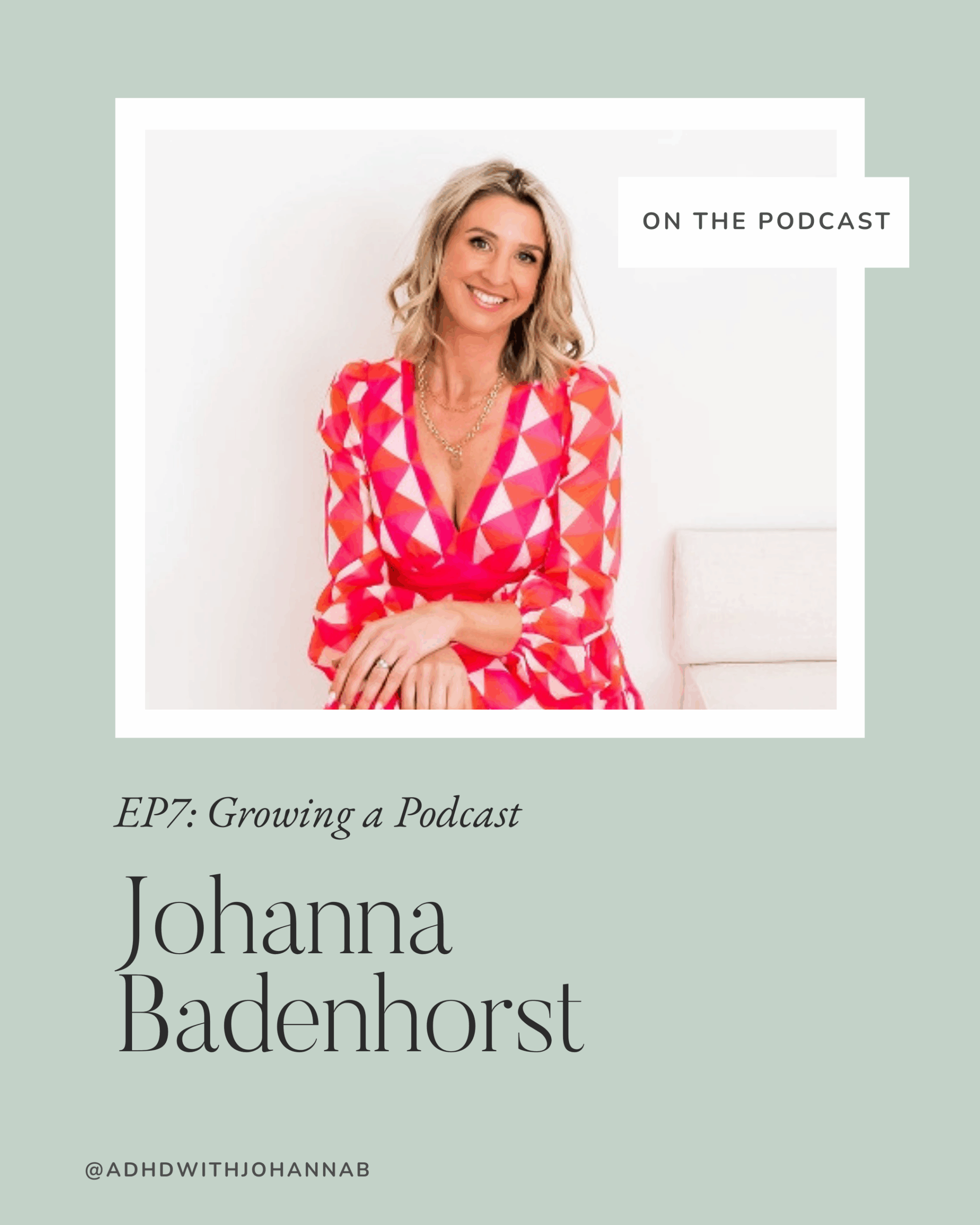There’s a part of me that can’t believe I’m even writing an article on this. For me, the answer to “what is considered a traumatic birth?” is super simple. A birth is traumatic if you say it is. Yet, it’s still the question people ask me in interviews, in therapy, in emails and in the kinder pick up line.
It pains me deeply to think that the 1 in 3 people who experience birth trauma even need to question if their trauma “counts”. That the gaslighting and doubt in our culture is so strong that parents question the validity of their feelings and experiences. That if you can gather what energy you’ve got to go and speak to someone about your birth then it’s a matter of pulling out a checklist and ticking boxes.
There are objective diagnostic criteria to consider when diagnosing PTSD, however, as a Psychologist and mother I’ve never said to someone “no, sorry, that doesn’t count”.
What might be helpful is to think about a continuum. You can see in my super fancy drawing below I’ve used a horizontal line and a traffic light system to describe trauma experiences from mild through to severe.

The next section is taken from the highlights in a passage of my book, More than a Healthy Baby: finding Strength and Growth After birth Trauma
Birth regret
Maybe you feel mostly neutral or even positive about your birth, but you experienced some disappointment, sadness, anger or regret. Let me first begin by saying that in my view, there is no ‘failure’ birth ever. There might be effective and ineffective choices. There may be ideal and less than ideal circumstances. Whatever turn your birthing took, please do not blame yourself or take on the idea of failure.
You might have regret about the mode of birth. For example, feeling like you wish you had opted for a caesarean instead of a physiological (‘natural’) birth (or vice versa).
You might have regret about the choice of care provider or the environment. What if I chose midwifery-led care instead of a private obstetrician? What if I’d chosen home birth? Stayed at home a bit longer or gotten in the car sooner?
These are the sliding doors conversations we have with ourselves in the shower over and over. Having regret, disappointment, frustration, anger, guilt, shame or other negative emotions about birth might mean that your birth was traumatic, but it may not.
A birth is traumatic if you say it is, and I still think this is the most helpful and validating concept to hang onto. But if you’re finding that the feelings are not letting up, if thoughts, visions and nightmares are continuing, then this might be moving beyond ‘birth regret’ and into birth trauma.
Little-T trauma
In technical terms, we might call this ‘subclinical PTSD’. This doesn’t mean that your birth was any less stressful than anyone else’s. It just means that in clinical, diagnostic terms your reactions are challenging but manageable. You might have a few symptoms like difficulty thinking about the birth, avoiding thinking about it, flashbacks, panic or nightmares, but the critical point is that these experiences typically don’t last longer than a month.
Big-T trauma
Let’s say it’s at least six weeks postpartum and you’re noticing that you still feel panicked. You’re having flashbacks about the birth, and you can’t stop thinking about it without crying, breaking out in a cold sweat or feeling completely consumed with thoughts, memories and images of the birth.
In this case, you might consider that what you’re experiencing is big-T trauma, also known as PTSD. Remember that trauma is a normal reaction to an abnormal situation. Your exhausted, depleted, hormonal brain has tried to protect you from the blow of this event and now you’re struggling to process it. It might be years since you gave birth. Note there’s absolutely no rule saying that just because it’s been X amount of time, you shouldn’t still be struggling with birth trauma.
Please know this has nothing to do with simply moving on, telling yourself not to think about it or hoping that time will heal. It has zero to do with focusing on your healthy baby. PTSD doesn’t typically resolve on its own without specialised support.
What are some common experiences of people who experience birth trauma?
- pregnancy complications
- birth with interventions
- babies who need special care
- significant injuries
- pre-existing mental health problems
- previous trauma and abuse
- being from a marginalised background (e.g., black women in the Bronx, NYC are 12 times more likely to die in childbirth than their white counterparts
These are some of the ‘objective’ measurable factors. But let’s not forget subjective, interpersonal factors. Rudeness, unkindness and lack of humanity. Requesting pain relief only to have a staff member roll their eyes. Being told your baby will die if you don’t cooperate with a procedure.
Dr Sharon Dekel, a clinical psychologist at Harvard University, has recently been studying postpartum PTSD and has found that rates are between 4.6 and 6.3 per cent following full-term births. A further 18.8 per cent of women had ‘clinically significant’ trauma symptoms, which means a full diagnosis of PTSD wasn’t met, but it was close. In 2018 there were close to four million births in the United States alone, so 200,000 birthing women in America could potentially be impacted by PTSD after birth each year. And given that globally there are close to 140 million births each year, PP-PTSD could potentially impact millions of mothers and their babies around the world.[i]
Sometimes, if you don’t meet the full criteria for PTSD, what you’re experiencing falls under the term ‘acute stress disorder’ or ‘adjustment disorder’. Or maybe you have PTSD and anxiety or depression. Or maybe you don’t have a diagnosis as all.
Key points:
No, you don’t need to have experienced physical injury to have birth trauma. Psychological injury/distress is just as valid
You don’t need a diagnosis to get help, but in Australia at least you’ll need a diagnosis to get access to Medicare’s Better Access scheme
Trauma is subjective. Fuck what everyone else thinks – how do YOU feel? How are YOU coping with your birth, baby and experiences? That’s what your support system should be asking
Yes, your partner and birth team can also experience birth trauma via the bystander effect. Their experiences are valid too.
Birth trauma is different to anxiety and/or depression. You might have a combo, but with a traumatic birth most of the thoughts, feelings, memories and sensations are specifically tied up in the birth experience. In contrast, with depression or anxiety the experiences are more general.
In the Diagnostic and Statistical Manual of Mental Disorders (DSM-5)[ii] a ‘trauma’ response is defined as the ‘perception of actual or threatened injury or death’ (to the birthing woman or her baby in this case). But see, here’s the caveat to that statement. The most important factor in trauma is actually someone’s subjective responses. How did the person feel? What were their thoughts, perceptions, sensations and experiences?
With Little T trauma these symptoms don’t continue to interfere with day-to-day life after that first month or so. For PTSD (big-T trauma), it’s different. You live in a perpetual state of panic. Even though you logically know that the event has passed, the brain stays stuck in a loop of awful feelings and sensations. The nightmares, flashbacks, the dipping in and out of feeling like you’re back there and it’s happening right now—that lasts for much longer than a few weeks.
No one is immune from developing trauma. It affects all ages, backgrounds and education levels. Again, look at me—a PhD in psychology, a childbirth educator, a decade of helping other people with their trauma. I did hypnobirthing, I had a doula, I had an amazing birth team, I did all the research and I had a solid birth plan. I still had two traumatic births.
I can never say this too many times. How you feel about your birth is what is most important, irrespective of what others think is objectively traumatic. In this way, birth trauma is in the eye of the beholder.
[i] World Health Organization, WHO recommendations: intrapartum care for a positive childbirth experience, WHO, Geneva, 2018, pp. 8–9. https://www.ncbi.nlm.nih.gov/books/NBK513812/
[ii] American Psychiatric Association, Diagnostic and Statistical Manual of Mental Disorders, 5th edn, APA, Washington, DC, 2013.






